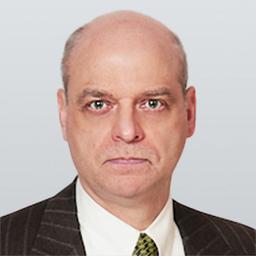Commentary
According to Aldous Huxley, the tyrant of the future will use drugs and propaganda to convince the individual to “love his slavery.” In a 1958 interview with Mike Wallace, Huxley explained as follows: “You have to get the consent of the ruled. And this they will do partly by drugs, as I foresaw in ‘Brave New World,’ and partly by these new techniques of propaganda.” Huxley believed that these two weapons would build the tyrant’s dream of an obedient society.





